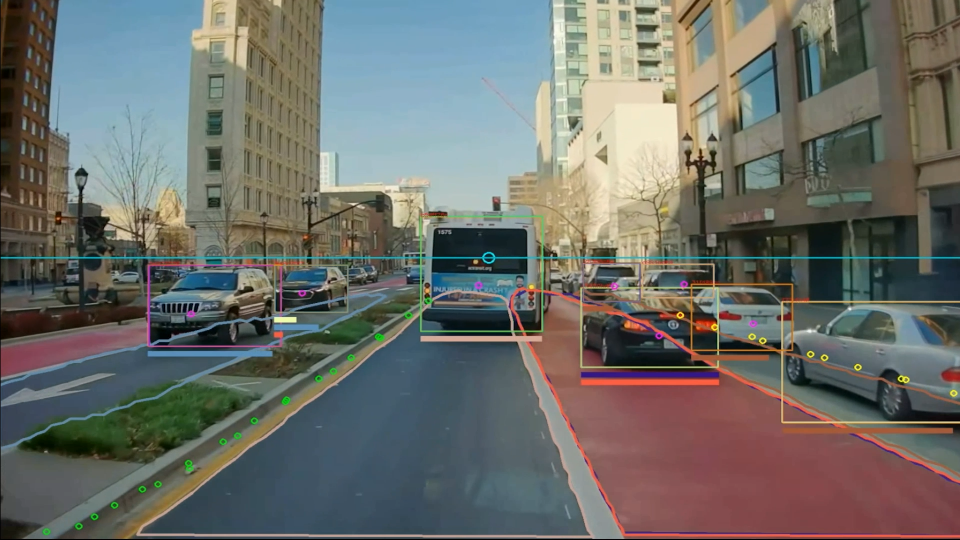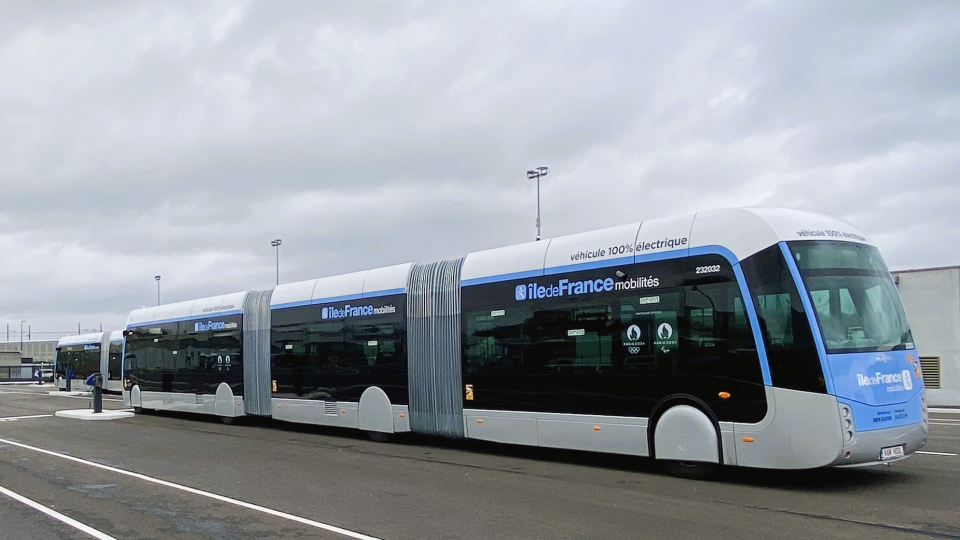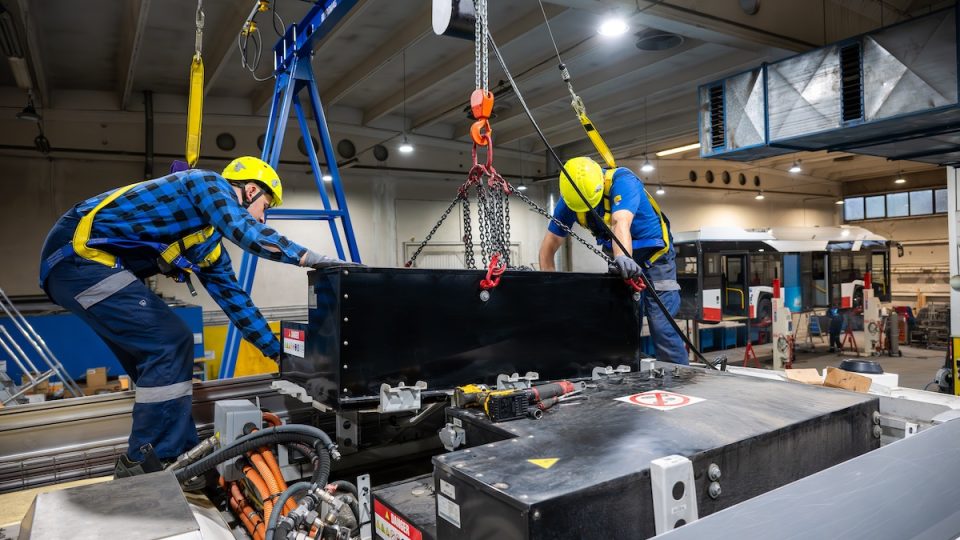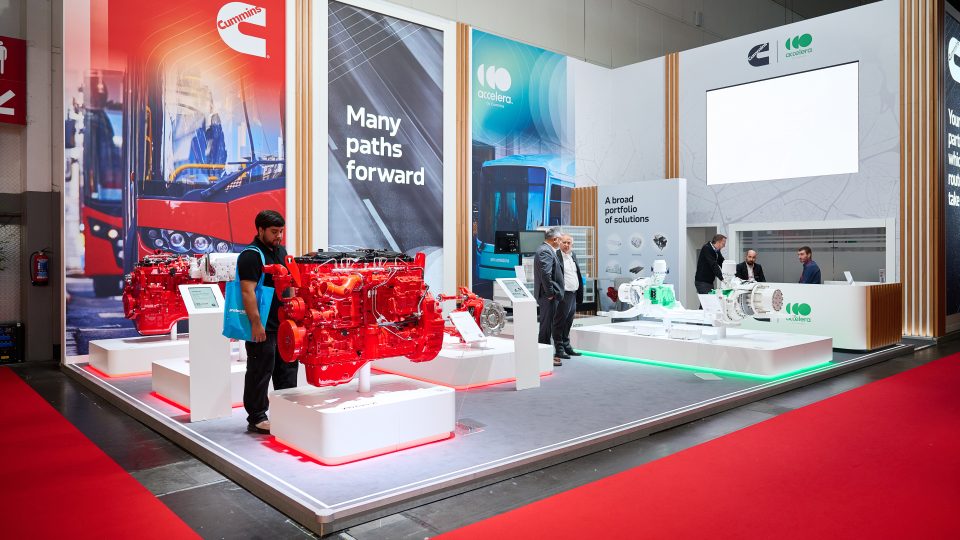MAN leading the consortium of REVAMP project (with focus on 2nd-use and 2nd-life batteries in Germany)
In Germany the research project REVAMP (Remanufacturing of variant battery modules with automated assembly and testing processes) has been launched with the goal of increase the use rate for 2nd-use and 2nd-life batteries in Germany. It is funded by the Federal Ministry of Economics and Climate Protection (BMWK) as part of the funding measure for […]
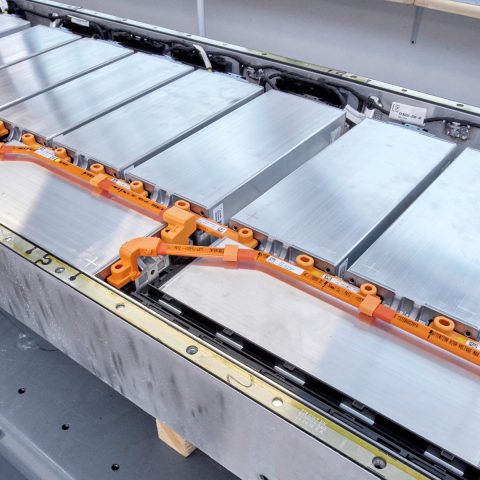
In Germany the research project REVAMP (Remanufacturing of variant battery modules with automated assembly and testing processes) has been launched with the goal of increase the use rate for 2nd-use and 2nd-life batteries in Germany. It is funded by the Federal Ministry of Economics and Climate Protection (BMWK) as part of the funding measure for “Research in Priority Funding for Battery Cell Production”. The project is supervised by the project management organisation VDI/VDE-IT.
REVAMP project brings together leading academic institutions such as RWTH Aachen University and Fraunhofer IPT, along with industry partners, including MAN Truck & Bus SE as consortium leader (that includes Bertrandt Technikum GmbH, Software AG, IBG Automation GmbH, BE-Power GmbH, Wacker Neuson Produktion GmbH & Co. KG, Weidemann GmbH). With a flexible and holistic approach, REVAMP aims to establish a remanufacturing process that assesses, dismantles, reprocesses, and reintroduces commercial vehicle batteries into the market, offering an ecological and economic alternative.
This project is part of the effort of the German group on the topic.
REVAMP project in Germany for 2nd life of batteries
The research project is being worked on in eleven work packages: based on methodological and theoretical principles, procedures for condition assessment and 2nd-use and 2nd-life planning are being developed. Based on this, methods for the preparation of battery components at pack, module and cell level will be developed. In parallel, the flexible, automated disassembly and reassembly will be planned and the corresponding control components will be created.
In addition, a digital twin is being developed to map the entire battery life cycle. This digital twin will also be used for a life cycle assessment based on key figures in order to evaluate the decisions made for the subsequent use of the batteries and also to track the sustainability goals of remanufacturing. The results obtained will finally be validated in application-oriented tests and demonstrated in the eMobility technical centre at MAN in Nuremberg, where starting in 2025 MAN Truck & Bus will produce high-voltage batteries for buses and trucks on a large scale. To this extent, the OEM has just been awarded a 24 million euro grant from the Bavarian state government.

